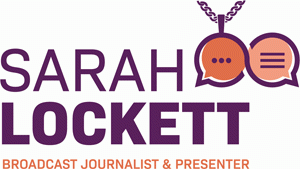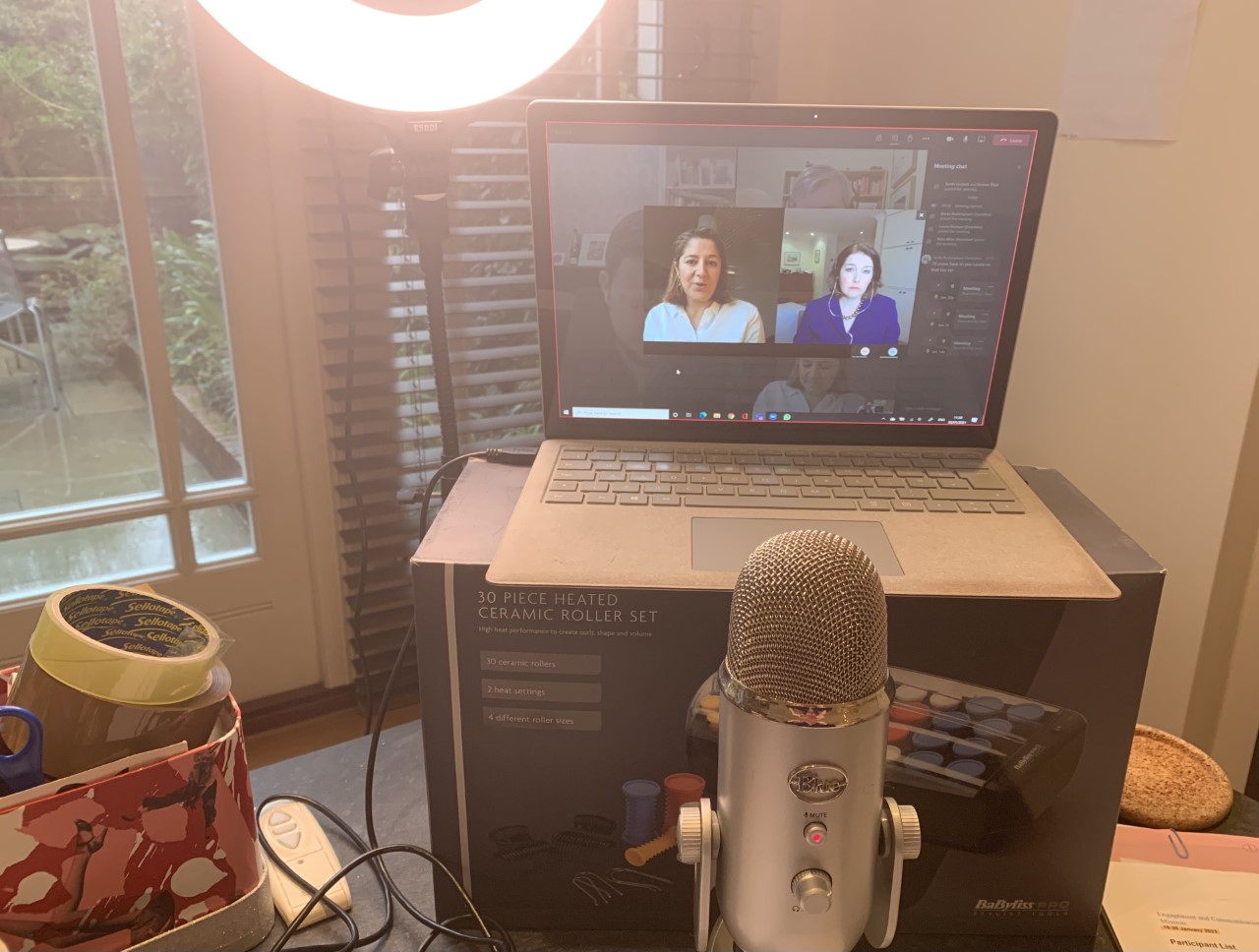Betty Crocker (cake mixes) – fake person. Aunt Jemima (pancake mixes) – fake. Ted Baker (clothes) – fake. Dr Pepper (fizzy drink) – probably fake.
Incidentally, this picture is of Betty Crocker models through the years.

So, lots of companies have a figurehead, maybe even the whole name of the brand, that doesn’t exist. It’s just a representation of the kind of person that would develop this product, that the target audience will find appealing.
Nowadays, it’s not just a drawing of ‘Aunt Jemima’ on the packaging. It’ll be a whole advertising campaign with videos and social media ads, with an actor playing this part. We all know ‘Captain Birds Eye’ isn’t a real captain. In fact, the ad agencies make a thing of ‘the search for the new Captain Birds Eye’, just as there is, ‘Who will be the next James Bond’. We know it’s a bit of fun and not real.
But what about when a ‘doctor’ or ‘dentist’ is selling toothpaste or vitamins, telling us all about how ‘their patients’ have reaped benefits from said product? Do we believe that’s a real dentist? Should it be a real dentist? What about when they give the dentist a name? “Dr Fred Bloggs recommends this toothpaste”. Is that false advertising? Maybe there ARE dentists who recommend this product, but this person in the ad is an actor. Should they make that clear? Or do people realise?
SOME people realise. But some people think it’s a real doctor. After all, they have a white coat on, they’re in their surgery/clinic. They must be a real doctor, right? They’re telling us all about the science and talking about ‘their patients’, so they’re a doctor, right? Wrong.
In the US, testimonials voiced by actors are required to have “actor portrayal” on screen, for the whole time. In the UK, the situation is more relaxed, for now. If a video on Facebook says “sponsored”, people know it’s an ad, don’t they? Or maybe they don’t.
The upshot is, we start to mistrust everything on the internet. We become conspiracy theorists, even when the advice is quite sensible, such as about wrapping up warm in winter, or driving more carefully when the roads are icy. We think, Oh, that’s the tyre companies just trying to sell us more tyres, or the cold remedy manufacturers peddling more hot lemon drinks.
We become cynical: DON’T get your flu vaccine, DON’T apply for your Winter Fuel Payment, DON’T get a smart metre for water/gas/electricity. Or conversely, more vulnerable people follow every piece of advice they’re given, and end up buying junk they don’t need.
The solution: more labelling/clarity/transparency? eg “real testimonial voiced by actor”? What do you think?
My point is:
…and this is my point: be wary of ads on the internet. But do investigate (thoroughly) the ones you think you may be interested in purchasing. As experts say, if you’re offered something on the internet – out of the blue, that you don’t want – you probably don’t want or need it.


